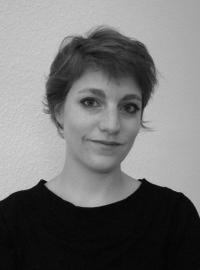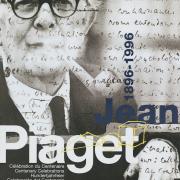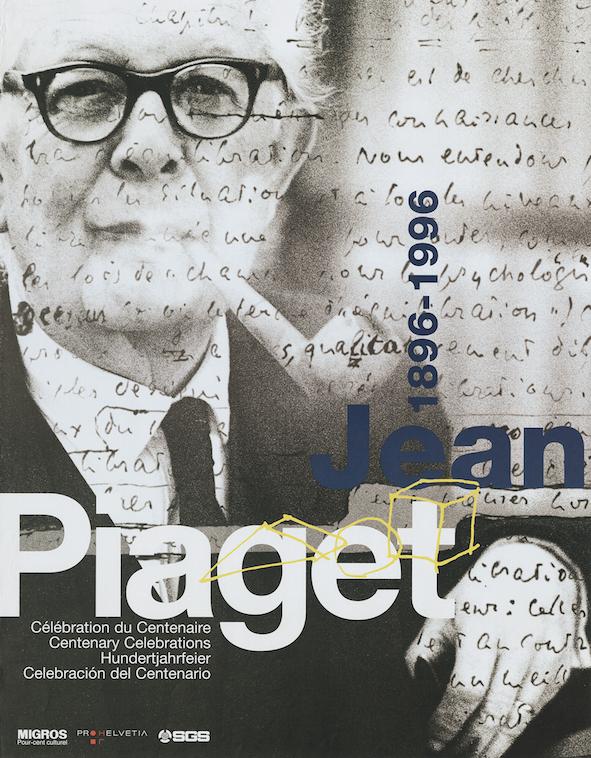Jean Piaget and UNESCO
One of the widely spread images of Switzerland is certainly its portrayal as the cradle of education and schooling, symbolised by its main protagonists Rousseau and Pestalozzi. This image is especially helpful in critical moments, whenever the country’s moral contribution to European, indeed to global civilisation, needs to be highlighted. Professor Jean Piaget, also an important representative of Switzerland at UNESCO, is well placed among the figureheads of the Swiss education system.
As early as 1942, the education ministers of the Allies discussed setting up an international organisation for culture and science, a project that subsequently became UNESCO. The Confederation was not invited to these first meetings. But behind the scenes, certain personalities played an important role, for example Jean Piaget, professor of sociology and psychology at the University of Geneva. In his capacity as director of the International Bureau of Education (between 1929 and 1969), he was mandated to follow the different stages of the discussion as an observer. Well acquainted with international scientific circles, he participated in the preparatory conference for UNESCO in November 1945 in London. The Federal Council was not invited, but put Professor Piaget in charge of representing Switzerland in the best possible manner at this important meeting.
During this first stage of collaboration between Switzerland and UNESCO, Jean Piaget was one of the driving forces. His work as pedagogue and first director of the International Bureau of Education had established his reputation among the men and women who founded this UN agency in the immediate post-war years. His work falls under the categories of sociology, psychology, and philosophy at the same time, and is internationally noted. His books, written in French, were soon translated into English, and he received the first of altogether 36 honorary degrees from Harvard in 1936. Today, it can be safely said, that his work left a lasting impression on the humanities, even if he remains best known as a great expert of child development.
Professor Piaget enjoyed such prestige in 1945 that he was the obvious choice of intermediary between the Federal authorities and UNESCO. 1949 he was nominated president of the first National Commission for UNESCO, which he went on to lead until 1952. For six consecutive years he also headed the Swiss delegation to the general assemblies of the organisation. 1945 in Beirut; 1949, 1951, 1952, and 1953 in Paris; 1950 in Florence. He was a member of the Executive Board of UNESCO between 1950 and 1954.
When appointed professor to the Sorbonne in Paris, he needed to invest more time in his academic research and stepped down as the president of the National Commission for UNESCO in 1952. Piaget’s resignation coincided with the nomination of Luther Evans as its Director-General. Piaget had fought this candidature fiercely. Evans’ and Piaget’s visions for the UNESCO clashed, the former attaching more weight to governments and negotiations, the latter to civil society.
Aware of Professor Piaget’s wide influence, the Federal Council asked him to remain a member of the National Commission for UNESCO even after his resignation as its president. The pedagogue accepted and continued to contribute his efforts until 1958.










